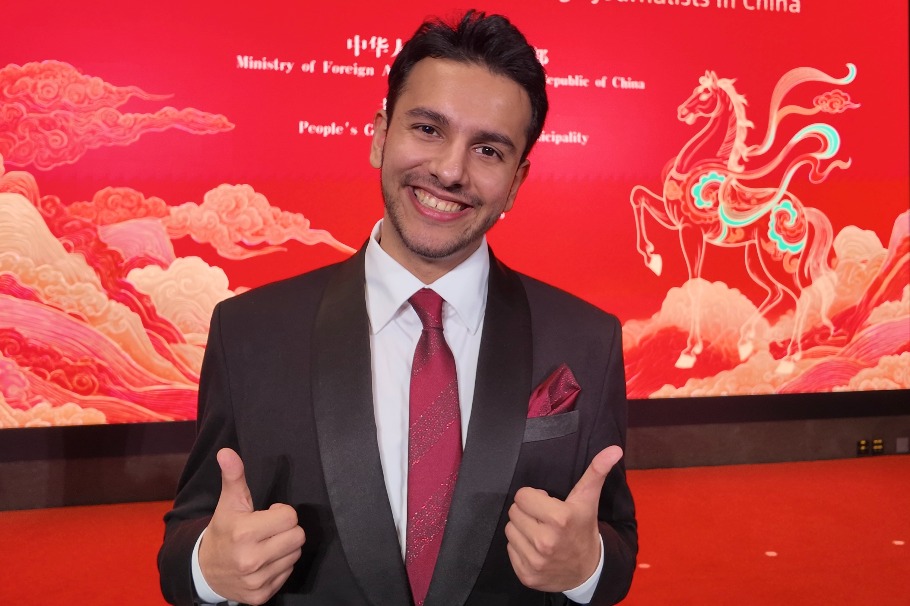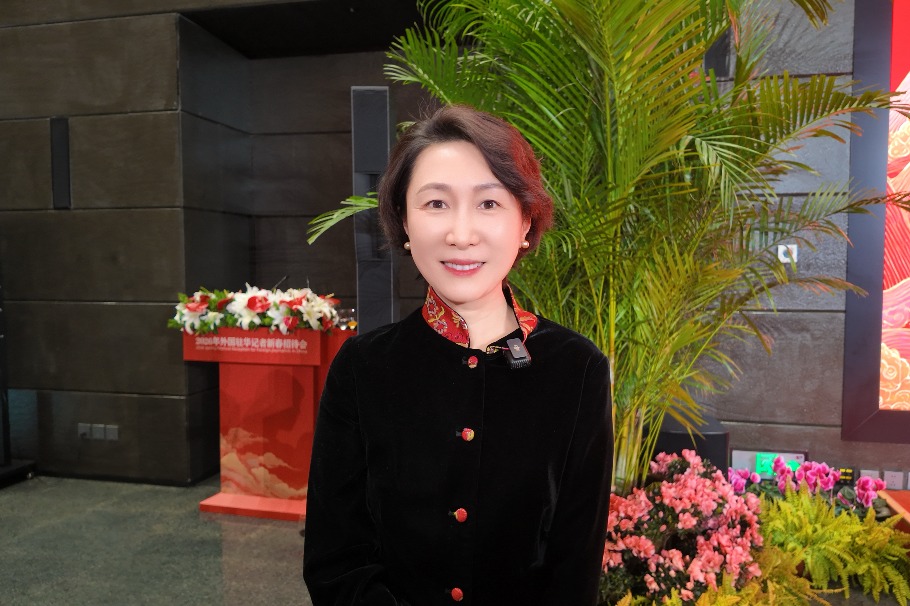Joint efforts pay off as Shanghai combats virus


Expertise gained
The medics from Wuhan said they also traveled to Shanghai to help during the latest outbreak because the infections in their hometown two years ago provided them with the expertise to treat COVID-19 cases.
They have rich experience of conducting mass nucleic acid sampling, organizing quarantine, and managing makeshift hospitals.
Xiao Mingzhong, a practitioner from Hubei Provincial Hospital of Traditional Chinese Medicine in Wuhan, said that although Shanghai has been hit by the Omicron variant, which is different to the variant experienced in Wuhan, "some treatment experience, I believe, may still work this time."
Zhao also voiced his confidence in curbing the fast spread of the Omicron variant.
"Things were a little bit hectic at first, as the number of symptomatic cases across Shanghai grew rapidly in early and mid-April. It was difficult for we 50 medical workers to look after more than 1,300 patients at a time," he said.
To solve the problem and keep the makeshift hospital running efficiently, Shen Bo, vice-president of Renmin Hospital of Wuhan University, quickly optimized the workflow, dividing the temporary facility into several zones and allocating some beds especially for the elderly and patients with underlying diseases.
Shen said, "The fatality rate from the Omicron variant is not as high as that from the variant in Wuhan, but if we don't provide sufficient medical observation for elderly patients with underlying conditions, they may face emergencies or even become severely ill."
To ensure the health safety of such patients and give them extra attention, medics must first learn about their underlying conditions and allocate a group to treat them in a special ward, Shen said.
"If these patients' symptoms become serious, we can directly transfer them to a designated hospital as quickly as possible. In this way, we can provide hospitals with sufficient information about the patients' underlying diseases and provide treatment for them in the special ward," he added.
"The clearer the functions of zones at the makeshift hospital are, the more organized the workflow will be," he said, adding that the experience gained in managing treatment of the Omicron variant should be used more widely.
























